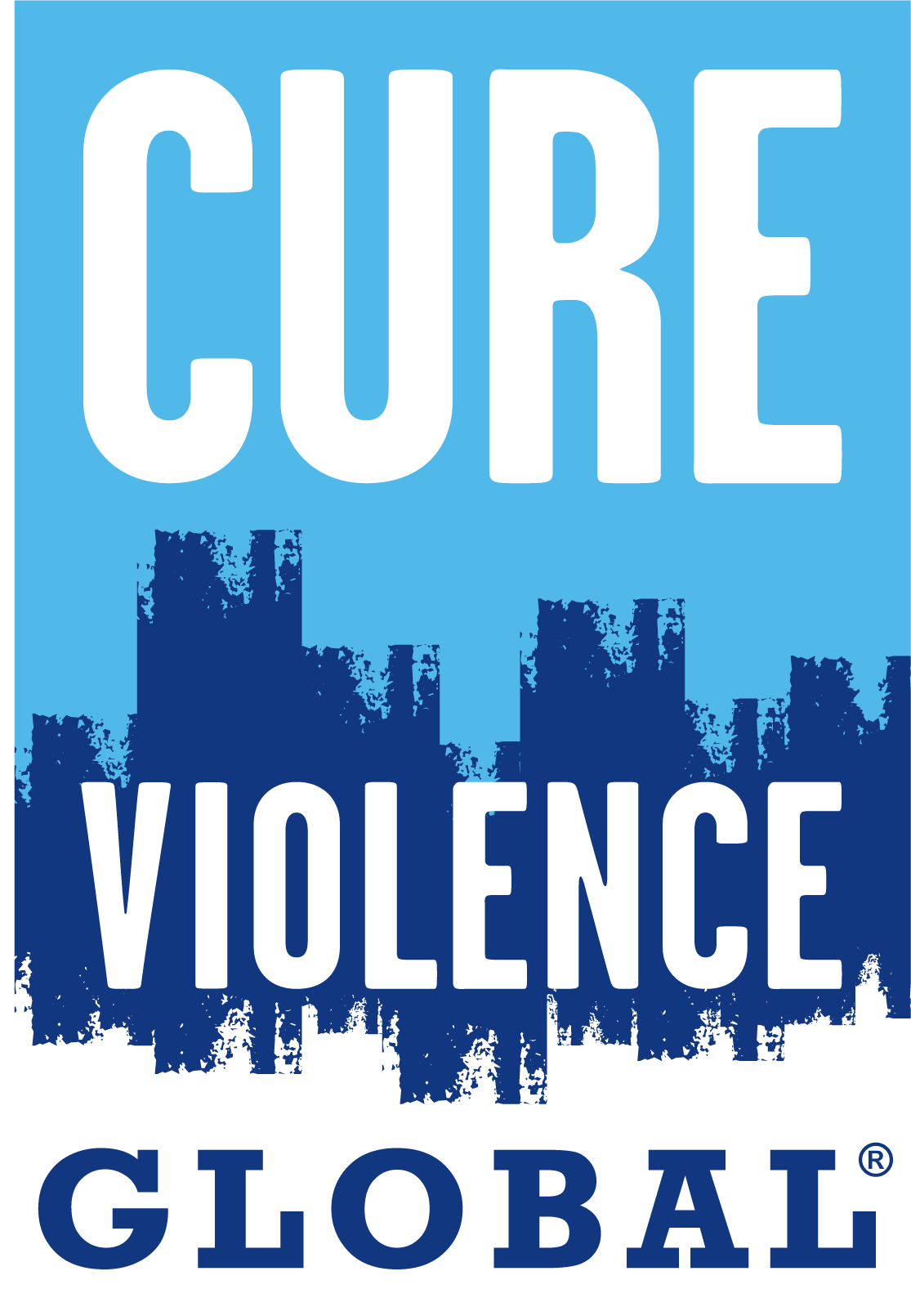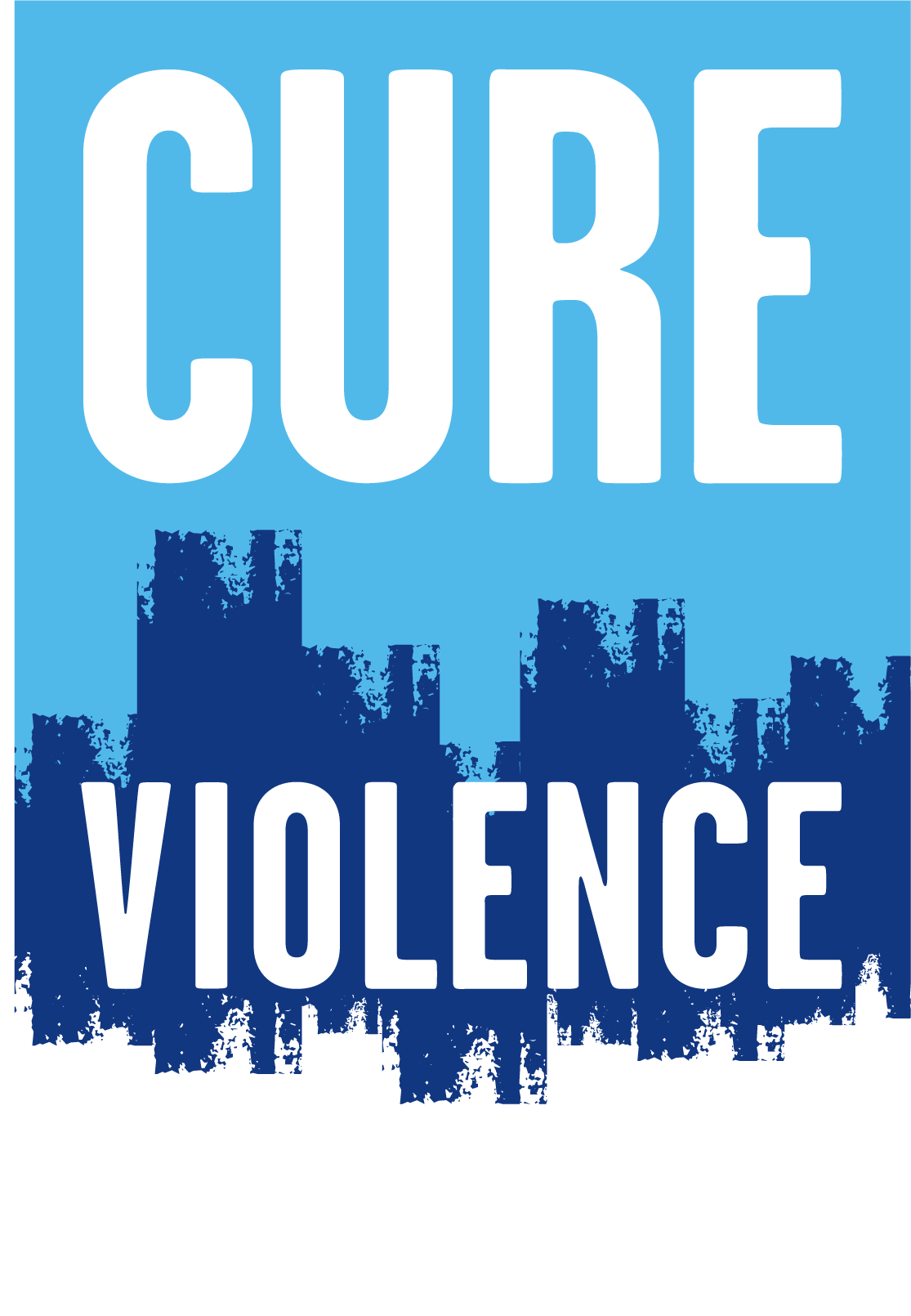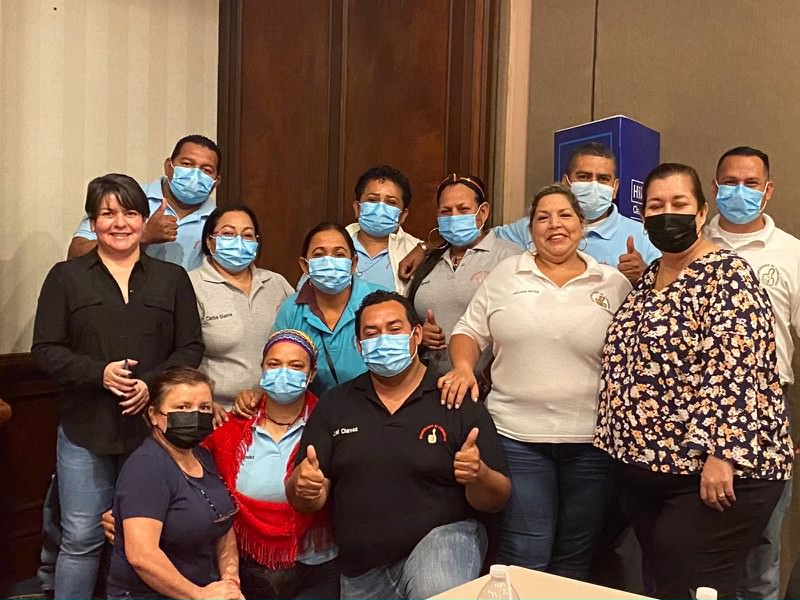An inside look at the CVG partner work in Latin America
Cure Violence Global has worked with local partner organizations in Honduras to combat violence since 2012. One of the main components of the CVG model is to change behaviors of individuals at highest for doing violence. This includes connecting them with relevant community services. The goal is to help high risk individuals address their grievances in a safe way. This allows them to lead healthier lives. Over the past few years, CVG’s local partner organizations in Honduras have had some tremendous success. The sites are helping high risk youth overcome addiction, leave gangs, forgo participating in illicit affairs, and stop doing violence. Here are just a few real-life success stories.
Success in Chamelecón

An example of her bracelets and aritos (earrings)
This year, a young woman was brought on to participate in the CVG program in Chameleon. A local partner site worker identified her as a high-risk individual. For a while, she had been forced by her mother to help transfer drugs for a local gang. Because of her association with the local gang, she became heavily involved in the violence that occurred during the drug transfers and sales. Additionally, her father had abandoned her at young age, so she did not have parental support from either her mom or dad. One of the CVG partner site workers was able to connect with the young woman. Since the worker knew the young woman, they were able to convince her to participate in CVG programming. While talking with the CVG partner site worker, she expressed her grievances and her hopes. She wanted to go back to school and no longer wanted to be involved with the selling of drugs. The CVG partner site worker was then able to refer her to a community partner. This partner had a workshop on piñata making. The partner even connect her with a psychiatrist to help her overcome some of her past trauma. Now, she is making and selling piñatas, so that she can pay for school. She is also excited to start another workshop where she will learn to make jewelry.
Success in Choloma

Working hands-on
In Choloma, Honduras, CVG’s local partner site workers stopped a 17-year-old boy from having to join a local gang. The boy was looking for a way to make money. Since there are fewer job options for young people in Choloma, many end up joining a local gang to generate an income. One of the local partner site workers knew the boy. They were able to help him find an alternative to joining a local gang: becoming a barber. Through CVG’s local partner site worker connected him to a local barbershop where he learned to cut hair. He is now very passionate about haircutting and works at the barbershop part-time. He hopes he can save enough money so he can finish school.
Success in Corozal

Before, struggling with her confidence
CVG’s local partner site workers in Corozal have similarly had success. They helped one participant overcome her addiction and find a job. The young woman had been dealing with a drug addiction since she was 13 years old. Additionally, she was in a toxic relationship. She decided to migrate to Mexico to try and find a better life. However, she still was addicted and had easy access to drugs. Eventually, she was detained back to Corozal where she was homeless, since she did not want to go home to her mother. Finally, she found the CVG local partner organization, Caminando Contigo, and connected with the partner site workers.

Now, confidence is higher
While meeting the workers, she felt safe and protected. The workers eventually convinced her to go back to living with her mother. Additionally, they invited her to participate in a nail workshop so that she could learn a new skill and acquire a job. The workers also offered her support in her rehabilitation process. During her process, she learned that she was HIV positive. This made her reconsider her perspective of life and her family. She is getting treatment and now feels more confident in herself.
CVG in Honduras
The CVG programs in Honduras have been able to help these young individuals as well as many more. Their aim is to help high risk youths have a better relationship with themselves, find safer ways to address their grievances, and live healthier lives.


